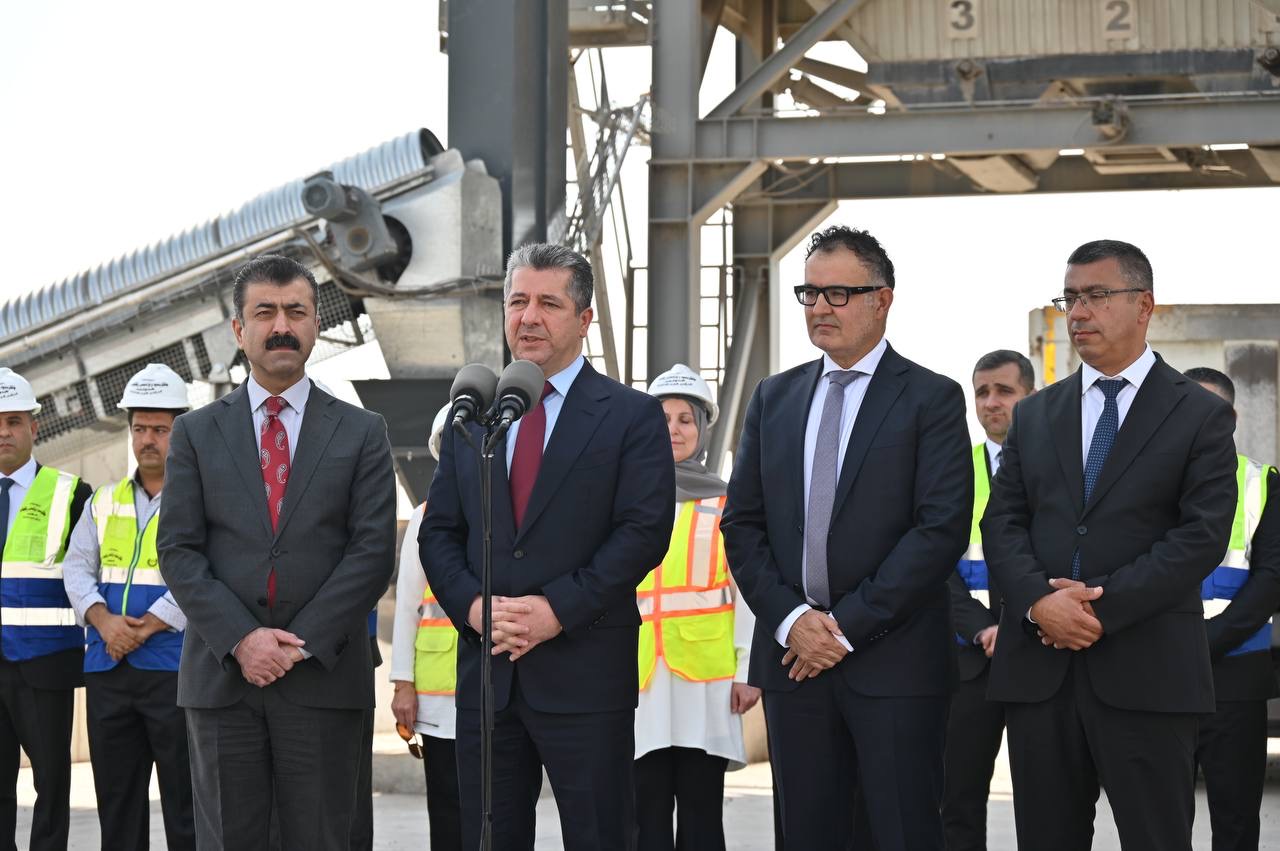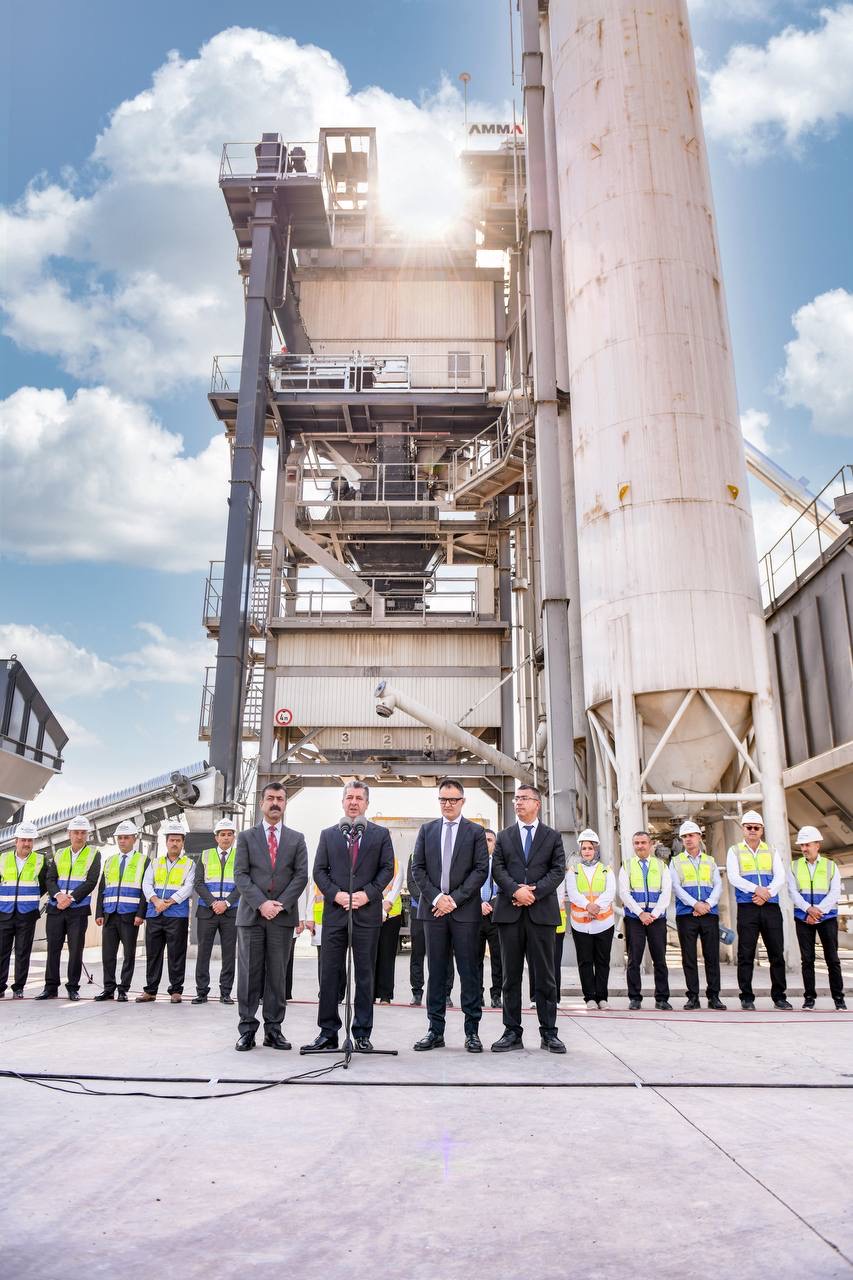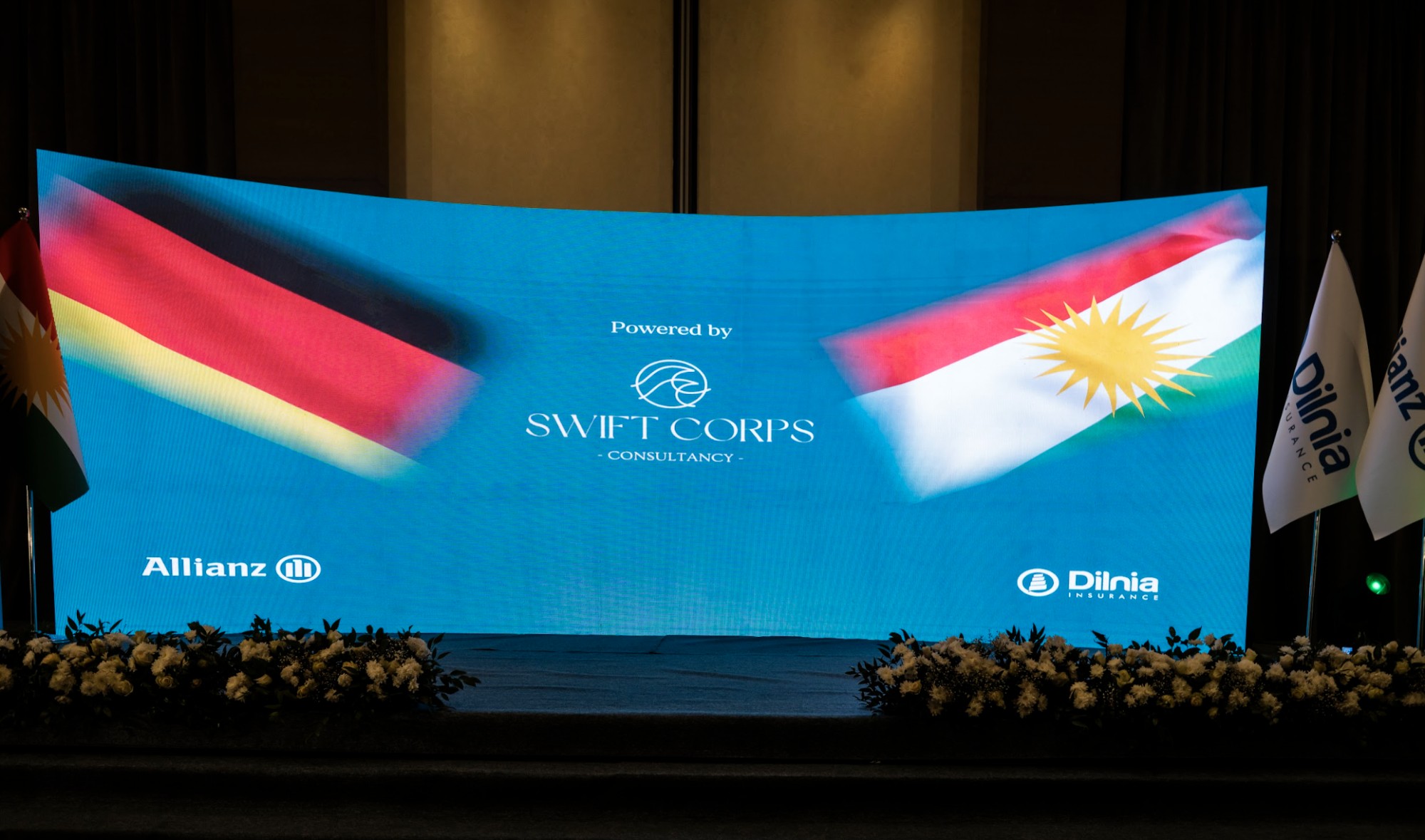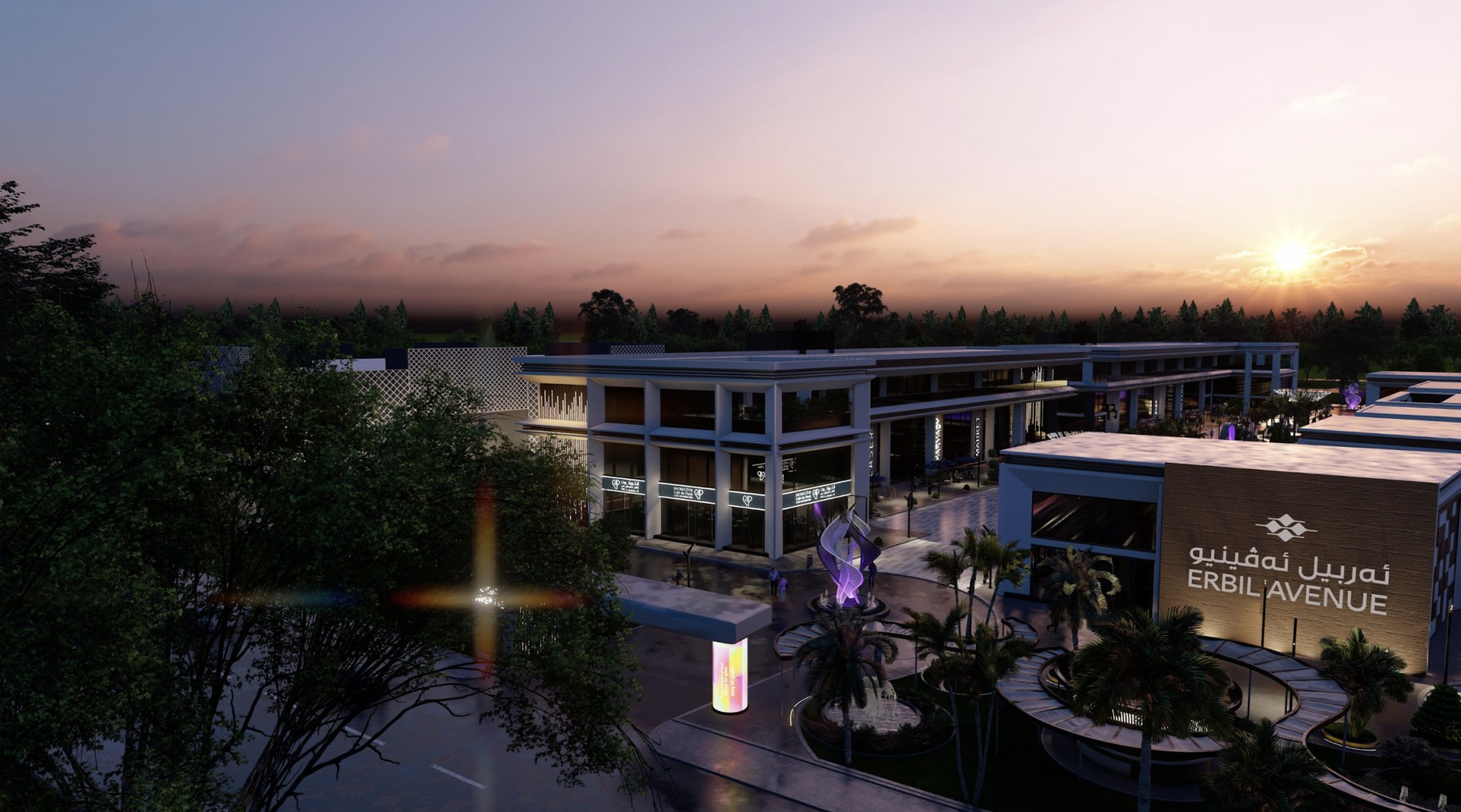In October 2023, the Kurdistan Region of Iraq (KRI) launched an advanced asphalt recycling factory, the first such project in Iraq, and one that speaks to the regional government’s commitment to modernizing its infrastructure in line with current technological advancements and environmental protection standards.
According to international best practices, road construction projects are evaluated according to several principles. First and foremost, the road’s engineering is scrutinized to ensure its structural quality. Second, safety measures are woven into the design and implemented along the road to ensure the well-being of all those who travel on it. In recent decades, another pivotal dimension has emerged as a critical principle for such evaluations: the project’s environmental impact.
Roads, a vital means of connecting communities, must now be constructed with the utmost consideration for their ecological footprint, ensuring that their development not only serves people’s immediate needs but also safeguards the delicate balance of our planet’s natural system. That is, governments must recognize that infrastructure projects should harmonize with, rather than disrupt, the environment.

Building technical capacity
Acknowledging its responsibilities not only to the people of the KRI but also the environment, the Kurdistan Regional Government (KRG) has initiated a pioneering asphalt recycling project, despite its already challenging financial situation.
During a ceremony on October 17, Prime Minister Masrour Barzani announced that the project is capable of recycling 160 tons of discarded asphalt per hour and mixing it with up to 30% new asphalt to pave the roads under construction across Erbil Governorate.
Dr. Agreen Abdulla, KRG Deputy Minister of Construction and Housing, who spoke to Kurdistan Chronicle at the inauguration of the plant, noted that Erbil’s asphalt production factory, which has been supplying road construction in the KRI for years, has a production capacity of 200 tons per hour. Working in tandem with the newly established recycling plant, it can produce 150-160 tons of asphalt per hour.

“Asphalt recycling comes with a technical challenge that not every country would feel confident to take on. In the KRI, our technical capacity for road construction has witnessed remarkable progress in recent years, keeping pace with the latest international innovations and standards,” Dr. Abdullah said.
Delivering a speech during the ceremony, Prime Minister Barzani emphasized that the asphalt recycling plant project underscores the KRG’s commitment to environmental protection and economic reform. Whereas the old practice of carelessly dumping discarded asphalt harmed the environment, the new approach is not only eco-friendly but also economically advantageous.
For this pivotal project to materialize, Dr. Abdulla explained that his team worked with international experts to train a group of operators at the plant in accordance with international standards. This knowledge transfer has bolstered the government’s human capacity to further enhance the quality of its projects and laid the groundwork for duplicating the project across the KRI’s governorates.

The economic case for recycling
This project contributes to the economical aspect of road construction in the KRI. According to a feasibility study, the plant helps reduce the cost of road-paving projects by at least 15%. This will allow the KRG to save financial resources for more road projects across the region.
With this initial project focusing exclusively on Erbil’s roads, Prime Minister Barzani has unveiled the government’s broader vision to replicate these factories in every province within the KRI. To this end, he called upon the private sector to undertake similar ventures, thereby repurposing previously discarded materials. The KRG’s dedication to a comprehensive environmental program aimed at serving the environment in every possible way was also reaffirmed by Prime Minister Barzani.
Since taking office in July 2019, roads and infrastructural projects have been a central focus for Prime Minister Barzani. On the fourth anniversary of the Ninth Cabinet, statistics showed that the largest number of projects fulfilled within the past four years across all sectors were those related to road construction or renovation, with 1,015 road projects carried out during this period. The second largest number of projects was carried out in the water management sector, with 615, and the third largest was in the energy sector, with 473.
Sardar Sattar is a translator and journalist based in the Kurdistan Region. He has an MA in English Studies from the University of Lodz, Poland. He has translated several books and political literature into Kurdish and English. He writes regularly for local and international newspapers and journals.

